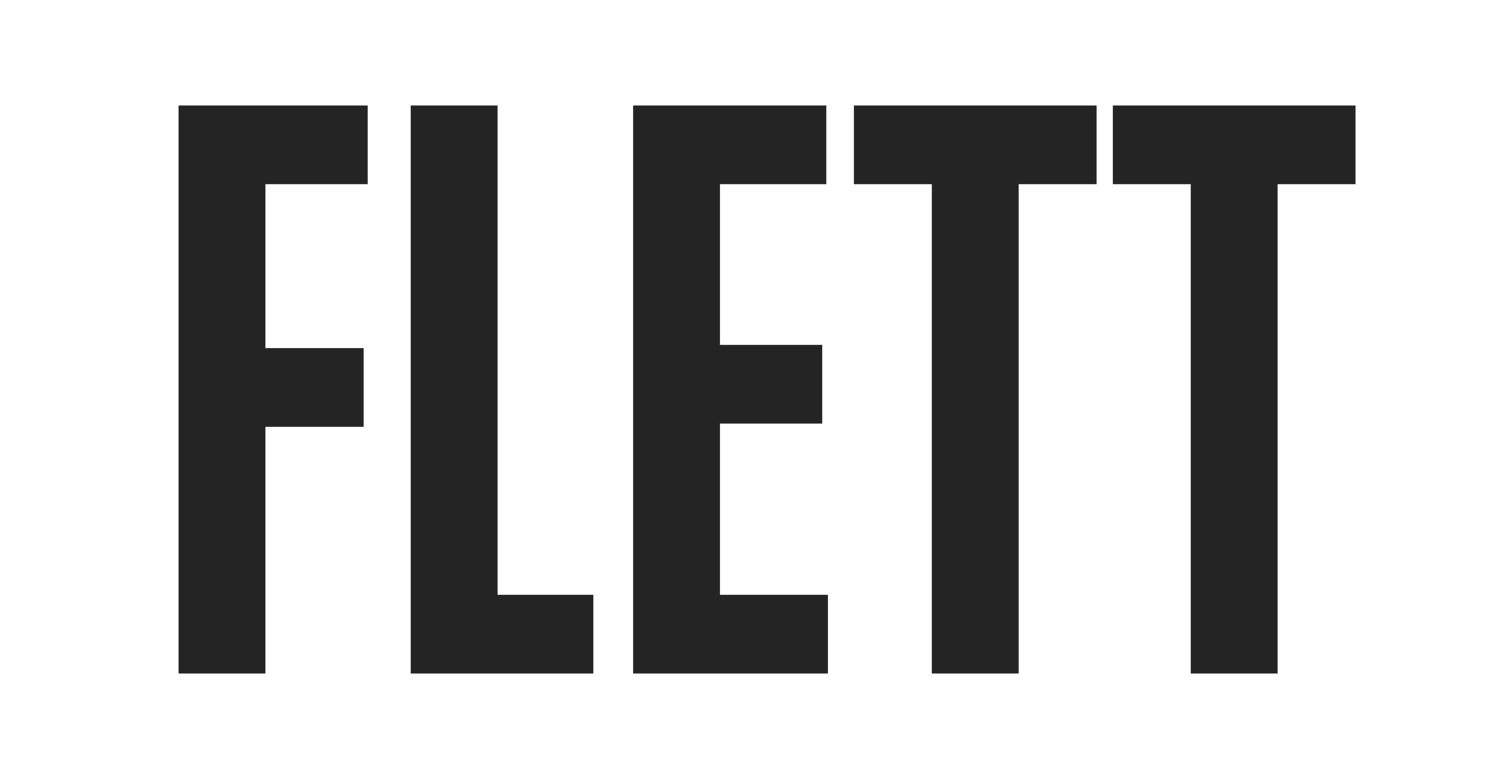Out of sight, out of mind
“You are what you eat” - perfectly simplified, generally very accurate, yet of course not absolute. If you dig below the surface there are genetics, exceptions, varying metabolic rates and a whole world of exercise and nutrition to be considered. As advice, however, it’s widely true and easy enough to follow.
Another popular concept extends beyond physicality; we are a product of what we consume, the information we are consciously or sub-consciously exposed to and digest, the environments around us, the words and influence of the people closest to us. I’m sure you too have crossed paths with people that bring a positive energy into your life and equated that spending more time around those that draw goodness out of you are optimal for your happiness (and theirs). That transpires to the news articles we read, the people we befriend or follow online and their messages/beliefs, the music we listen to and it’s purpose, the bait-click stories flooding the web, gossip, TV and film. So what links all of these? Money. Businesses profit from our time in advertising value or products directly positioned to us, where the more captivating and/or addictive the content, the more attention reachable, the more money they make.
It’s fiercely tough competition out there too. Newspapers compete by pushing increasingly brash, enticing, nonsensical articles into our lives alike to baited hooks to fish in a saturated lake where the brightest, most appetising lie makes a catch. TV shows contribute little more than entertaining escapism (which is important in moderation) are designed to dramatically captivate us, encourage binge addiction and leave us wanting more. Social media platforms viciously compete over our fruitful attention, researching and developing new features to keep us glued.
Suddenly videos auto-play from one to the next, curated recommendations and adverts slip in front of us, terms and conditions increase in parallel to easily tick-able boxes of consent; it’s a continual, relentless battle for our attentional space and time. This is accentuated by developments in the devices that we consume everything through, with a multitude of apps notifying us with updates on almost anything in order to grab our attention and re-open their aggressively engaging app. It’s a huge industry. And with all of the money to be made, what’s the expense? Our happiness.
The more time we allow our brains to be interrupted and consume anxiety-provoking (and often negative) information, the worse the gradual impact on our happiness levels. Seeing filtered streams of family and friends enjoying holidays or acquiring expensive items opens up an unrealistic (and generally unjust) sense of self-doubt and comparison that we’ve never had before, or should have. To watch a gritty show with limitless plot twists absorbs our time and attention, and tunes our brains towards a head space of heightened violence and drama. Watching unqualified and/or misinformed persons talking about a subject(s) can inspire skewered views on matters, the world, and each other. An underlying confusion has developed between what is right or wrong, what we should believe, how to process this bombardment of information that we’re not neurologically built to handle.
Our ‘hunter gatherer’ forefathers were much the same as us, yet evolutionarily we haven’t developed to handle this level of information, or adapted to naturally sit on a chair for eight hours a day (or more) staring at a screen. Chimpanzees share 99% of our DNA and we would imagine it cruel to sit them infront of a computer for such periods. It’s not natural for us, or any of our great ape family, and whilst there are many benefits through advancements in technology, we’ve not been evolutionarily prepared for the overload we are exposed to. The dwindling moments left to our own headspace; our creative passions or projects, conversations with loved ones, taking a step back to enjoy a moment, have been replaced by mostly useless information, quick fixes of entertainment, in lieu of longer term happiness.
Like many great ideas, the simple concept “out of sight out of mind” struck me whilst I was taking a shower without my glasses (or contact lenses) on, meaning beyond a half a metre in front of me was a blur. My vision was limited to a 50cm bubble; anything outside of that (in this example out of necessity) was something I didn’t focus on. I may have had awareness of the environment, but it was completely outside of my focal range. This perfectly extends into the concept of us being a result of what we consume.
In an incredibly short period of time we’ve adapted, from daily use fire 300,000 years ago, the cognitive revolution 70,000 years ago, the agricultural revolution 12,000 years ago, to the industrial revolution only two hundred years ago [source: Sapiens, Yuval Noah Harari]. Most recently, and of concern, technology has erupted in just the last thirty years with developments like the internet and relative devices. This information overload is on a completely different level to anything known in our history as a species. There’s an abundance of research supporting the correlation of technological developments and our anxiety levels, matched with decreasing attention spans and ability to focus. In short, we’re simply not supposed to function in the way that the majority of us do in this day and age.
Our news feeds, social media sites, work emails, app notifications, etc help to construct a continuous barrage of information. Our brains aren’t designed to process such scattered, invasive information, at all. I love technology, but have witnessed its negative effect personally - my brain, creativity, thought processes, and happiness. Fittingly enough my need to wear glasses results from staring at screens. Technology isn’t stopping, the trend will continue to make it easier to digest more information that we don’t need, generating clouds of worry, affecting our relationships with one another, and our happiness levels. So what are we to do?
It’s not all doom and gloom! The truth is that making a few simple adjustments to utilise technology can prevent it from consuming us. When I wasn’t able to see beyond the things immediately in front of me, suddenly I focussed and cared only on the things within my scope. When I deleted news and social media apps on my devices, signed out of work accounts on my phone and iPad, disabled notifications, I felt a huge relief, and still used those devices, but with intention. I continue to enjoy using social media, which is an important tool for promoting/organising music and connecting with friends, but doing it proactively on your watch with intent rather than reactively to notifications changed my life for the better. Reducing that noise of information allowed me to focus in on what’s important to me; reading, recording, studying, and deliberately structuring my day around these tasks was a hugely valuable change. Scheduling in a time to check emails, a social media half hour to digest updates and post, but most importantly blocking in time to do what’s important to me, in a distraction free environment (often closed door). This is when I managed to get back into the things I wanted to do or loved doing, engaged with them in depth, and started to feel happiness again.

